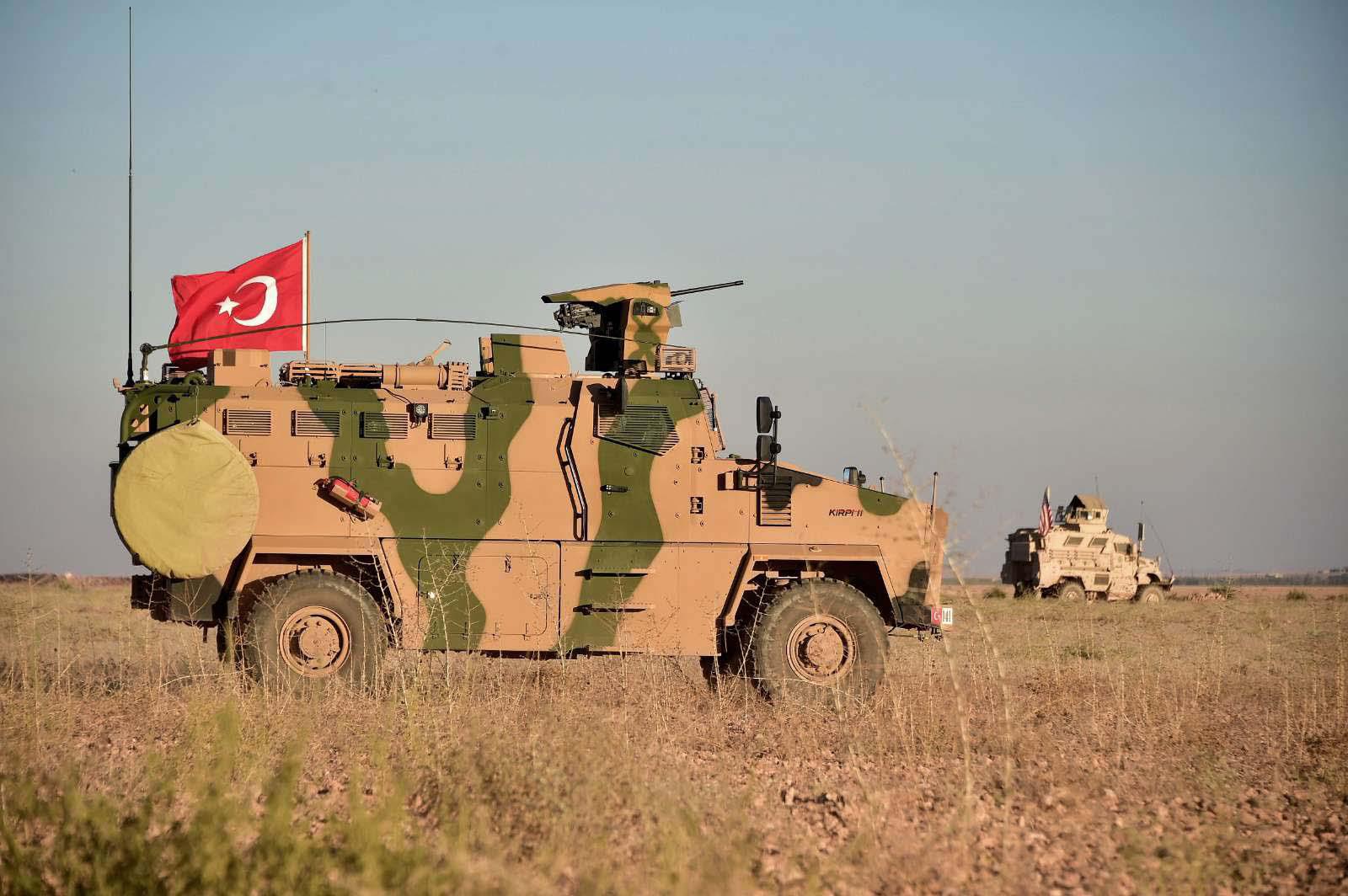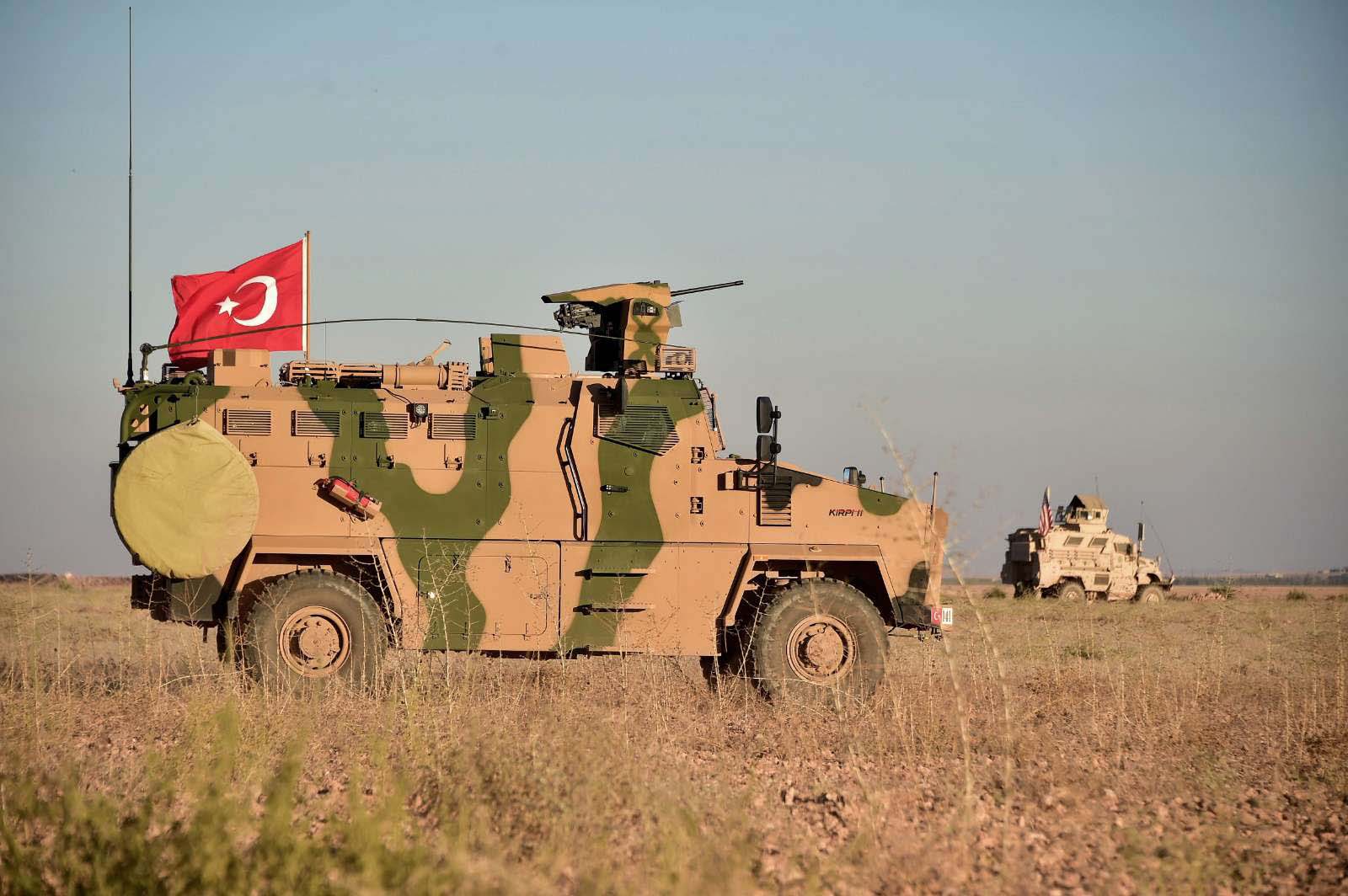Turkish-US tensions over Syria, Iran set to continue after midterms
ISTANBUL — Tensions between NATO partners Turkey and the United States over their conflicting priorities and policies in Syria and Iran are expected to continue after the US midterm elections, analysts said.
“It is useful not to have too many expectations” for US policy changes that would affect Turkey, Murat Yetkin, one of Turkey’s most respected foreign policy commentators, wrote November 7 in an analysis on his website.
Turkey and the United States are at odds over Washington’s support for a Syrian-Kurdish militia seen as a terrorist group by Ankara. Turkish President Recep Tayyip Erdogan has also slammed US sanctions against neighbouring Iran. “These sanctions aim to destroy balance in the world, we don’t want to live in an imperialist world,” Erdogan said.
Pro-government media in Turkey said the election outcome was a defeat for US President Donald Trump because his Republicans ceded control of the House of Representatives to the Democrats. “Trump is injured” politically, the online edition of the Yeni Safak daily commented. The state-run news agency Anadolu reported that “Trump’s job is getting harder.”
Hasan Kosebalaban, a political scientist at Istanbul Sehir University, pointed out that the House result is an indication of the political climate in the United States because every seat in the chamber was up for election and not just 35 — about one-third — of seats like in the US Senate. Given the Democrats’ victory in the House, Kosebalaban wrote on Twitter that: “If this had been a presidential election, Trump would have lost.”
However, a politically weakened Trump does not mean things will get easier for Turkey in dealing with the United States.
Asli Aydintasbas, a journalist at the opposition newspaper Cumhuriyet and a fellow at the European Council on Foreign Relations, said the Democratic victory in the House meant that Turkey should try to heal its “miserable relations” with the US Congress by improving the country’s human rights record. It was no longer enough to have open communication channels with the Trump administration itself, Aydintasbas wrote on Twitter. “From now on it won’t be possible to try and solve problems in a phone call with Trump.”
Turkish-US relations descended into crisis last summer when Trump introduced sanctions against Ankara over the detention of an American missionary, Andrew Brunson, sending the Turkish lira into a nosedive against the US dollar.
Brunson’s release in October eased tensions but US support for the Peoples’ Protection Units (YPG), a Kurdish militia in Syria seen as Washington’s main ally in the fight against the Islamic State, angers the Erdogan government. Turkey says the YPG is a Syrian affiliate of the Kurdistan Workers’ Party (PKK), which is seen as a terrorist group by both Turkey and the United States.
The offer by the US government of millions of dollars in reward for the capture of three leading PKK commanders met with a muted response in Ankara because the Turkish government considered the move as a symbolic gesture designed to calm Turkish concerns without ending the US-YPG alliance.
“They could not fool us by saying that the YPG was different from the PKK,” Erdogan’s spokesman Ibrahim Kalin told HaberTurk television. “It will soon become clear if this is a cover for the YPG.
Thomas Seibert is an Arab Weekly contributor in Istanbul.
Copyright ©2018 The Arab Weekly







